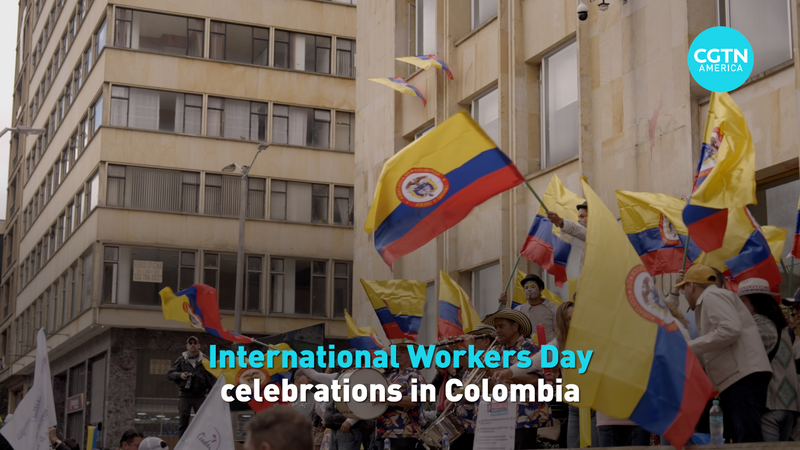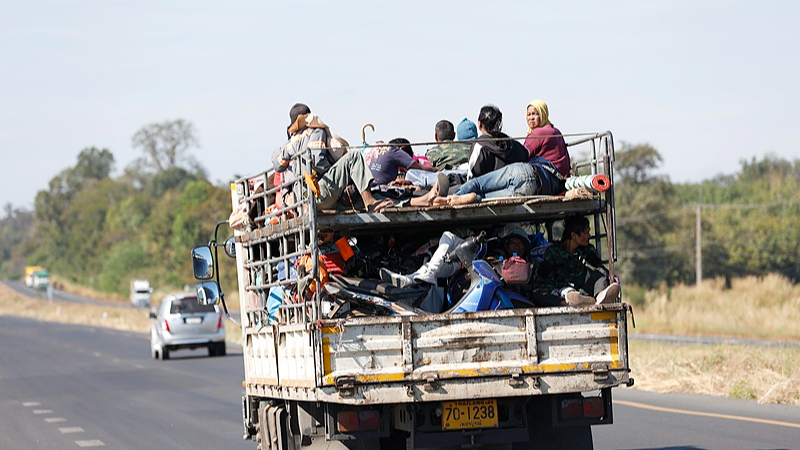On May 1, millions of Colombians took to the streets for International Workers Day, heeding President Gustavo Petro’s call for nationwide mobilization. From bustling Bogota to coastal Cartagena, dozens of marches united workers, students and activists in a show of solidarity.
In the capital, the government unveiled a landmark proposal: a national referendum to pass sweeping labor reforms by popular vote. Key measures include raising the minimum wage, strengthening union rights and enhancing job security for gig and informal workers.
Local organizers report more than 50 marches across some 30 cities, where colorful banners and chants filled the air. "We’re here not just to march, but to make our voices heard," said a trade union member in Medellin.
With unemployment high and income inequality a persistent challenge, many see these reforms as a turning point. Young professionals and entrepreneurs are watching closely, weighing how changes to labor laws could reshape Colombia’s startup scene and attract global talent.
As the world looks on, Colombia’s International Workers Day may set the tone for labor rights in Latin America. The referendum vote, scheduled for later this year, will be a test of popular momentum—and a sign of how grassroots movements can influence policy on a global scale.
Reference(s):
cgtn.com



